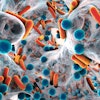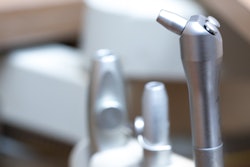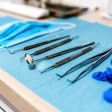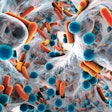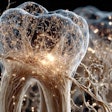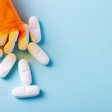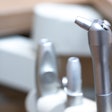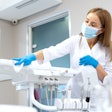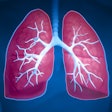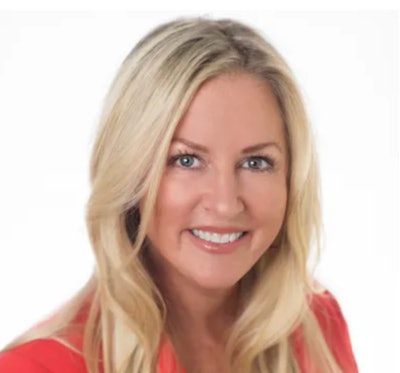
With the dawning of a new year comes an opportunity for dental practices to think about their dental unit waterlines (DUWLs) and how they're ensuring the water they use every day is safe for both patients and team members.
In a recent episode of the "Dental Assistant Nation" podcast series, I had the chance to sit down with Amy Gagne, RDHEF, vice president of clinical affairs and education for Solmetex, to discuss the subject of water and ensuring proper DUWL maintenance is keeping everyone in the practice safe.
Gagne told me in the podcast, which can you can hear by clicking here or hitting the Play button below, is that many team members find DUWL safety confusing from the very start of their careers, especially with many of today's new hires coming from outside the dental industry.
"What I do find after a lot of webinars that I've had follow-up questions and emails from is that they just don't know where to get started," Gagne told me. "There's a lot of turnover in the practices and a lot of different people handling the protocol, so it's something that's not top of mind every day. And I think that a lot of offices just haven't had that conversation with their teams to put a standard operating procedure in place and make a decision on what products are the right ones for their practice."
That conversation, Gagne says, starts with what kind of water is flowing into the practice.
"I think probably one of the biggest misconceptions is that they're not really thinking all the way back to the basics, and that's the source water," she said. "We look at source water, and there are so many different factors with water as well. Every city treats their water differently. There are chemicals in the water, even in the publicly owned treatment works, where they're adding different chemicals into that system. And now we put that in a bottle and then we add more chemicals to it. How does all that react?"
"Are dental practices using tap water? Are they using well water? Do they want to start with distilled water? I think it's really important to understand the source water and what are they starting with before going any further."
You can hear more of my conversation with Gagne by clicking the Play button below.


